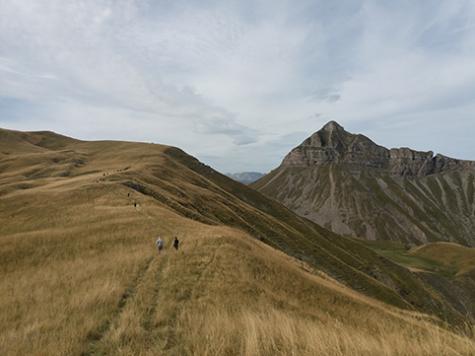
The third EPR of Montenegro identified the lack of adequate assistance to enable the regulated community (such as industry) to act in compliance with environmental legislation, and recommended that the Government assess the effectiveness of compliance promotion mechanisms, identify relevant measures, define responsibilities and start implementing compliance promotion activities. Furthermore, the EPR noted the need to establish mechanisms to improve communication and coordination within the environmental compliance system, and strengthen capacity at all levels by enhancing information management, sharing information among the different agencies responsible for compliance assurance and developing more structured coordination and cooperation mechanisms.
In implementing the EPR recommendations, Montenegro adopted in 2019 a new law on industrial emissions, putting best available techniques at the centre of the permitting system and making their application mandatory for integrated pollution prevention and control installations, as well as prescribing more stringent emission limit values for large and medium combustion plants. UNECE helped Montenegro to prepare a guide for conducting inspections to control the compliance of operators’ work with permits issued in accordance with the country’s law on industrial emissions.
As a Party to the UNECE Convention on the Transboundary Effects of Industrial Accidents, Montenegro works on establishing and applying safety and risk-reduction measures to prevent possible accidents, to reduce the risk of accidents occurring and to minimize the effects if they do occur, thereby making it possible to ensure a high level of protection.
UNECE assisted Montenegro in analysing and aligning its legislation related to the control of major accident hazards involving dangerous substances used in industrial installations to prevent and limit their consequences for human health and the environment. The country has adopted best available techniques for several industries (non-ferrous metals, large combustion plants, iron and steel production, cement, lime and magnesium oxide production, intensive rearing of poultry and pigs, food, drink and milk industries, etc.), including general conclusions on the monitoring of emissions into air and water and waste management

